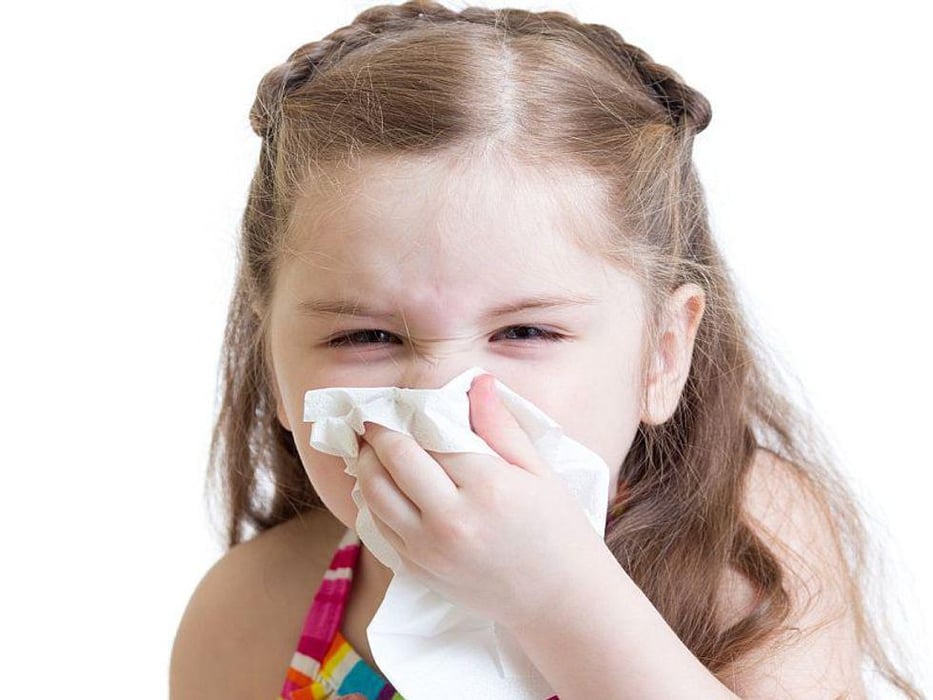Kids Can Carry High, Infectious Levels of COVID Coronavirus

THURSDAY, Oct. 14, 2021 (HealthDay News) – From newborns to new adults, young people who get COVID-19 can carry high levels of the virus and spread it to others even if they show no symptoms.
That's the takeaway from a study of 110 people between 2 weeks and 21 years of age who tested positive for SARS-CoV-2 infection.
Researchers found that infants, children and teens were equally capable of carrying high levels of live, replicating COVID virus in their respiratory secretions.
"There had been the question about whether the high viral load in children correlated with the live virus," said study co-author Dr. Lael Yonker, a pediatric pulmonologist at Massachusetts General Hospital in Boston. "We've been able to provide a definitive answer that these high viral loads are infectious."
That most kids have no symptoms or only mild ones gave way to a misconception that they were less infectious. This study, however, found that young people's viral loads were highest early in the illness. And they were no different from those of adults.
"The implications of this study show that masking and other public health measures are needed for everyone — children, adolescents and adults — to get us out of this pandemic," Yonker said.
The viral load carried by children had no correlation to the severity of their disease, but researchers said concern remains for kids and those around them.
Studying how infection differs between children and adults is an essential component for establishing public health policies that ensure safety at school and control the pandemic, Yonker said.
Yonker said kids are potential "reservoirs" for the evolution of new variants as well as potential spreaders of current variants.
"Variants could potentially impact both the severity of the disease and the efficacy of vaccines, as we are seeing with the Delta variant," she said. "When we cultured the live virus, we found a wide variety of genetic variants. New variants have the potential to be more contagious and also make kids sicker."
The true incidence of COVID-19 in kids is not known due to a lack of widespread testing and prioritization of testing for adults and those with severe illness, according to the U.S. Centers for Disease Control and Prevention.
Yonker said she hoped to increase awareness about pediatric COVID-19 and implement broader testing programs for children.
"To develop effective public health policies, we need data-driven public health guidance," Yonker said. "Kids are an essential component of beating the COVID-19 pandemic, and we must learn more about how they are affected and interact with others."
The findings were published Oct. 14 in the Journal of Infectious Diseases.
More information
The U.S. Centers for Disease Control and Prevention has more on COVID-19 for families and children.
SOURCE: Massachusetts General Hospital, news release, Oct. 14, 2021
Related Posts
Too Few Kids Are Getting Recommended Vaccines, CDC Warns
THURSDAY, Jan. 12, 2023 (HealthDay News) -- Vaccinations among kindergarteners...
Social Media Tied to Higher Risk of Depression
TUESDAY, Nov. 23, 2021 (HealthDay News) -- The latest in a spate of studies...
Pfizer Says Omicron-Specific Vaccine Ready by March
WEDNESDAY, Jan. 12, 2022 (HealthDay News) -- Pfizer Inc. said Tuesday that a...
